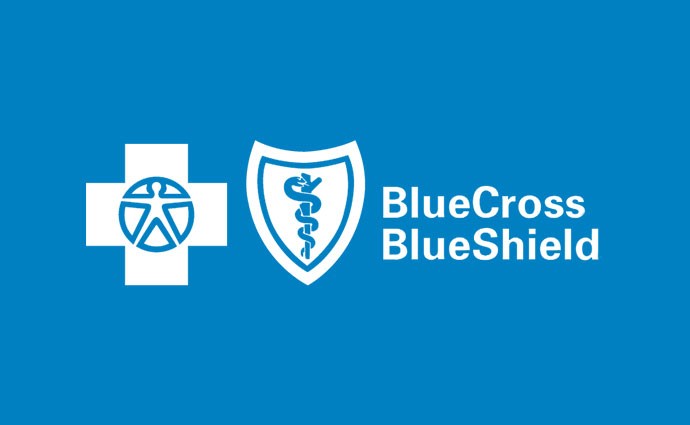BCBSIL Pursues Health Equity With Pilot Program And Diversity Institute
The New Health Equity Hospital Quality Incentive Pilot Program will collectively provide $100 million in funding to participating hospitals.

Source: Blue Cross Blue Shield
- Blue Cross and Blue Shield of Illinois (BCBSIL) has partnered with hospitals across the state in a new program that seeks to pursue health equity by focusing on mitigating health disparities for racial and ethnic minorities.
Citing figures from the City of Chicago, BCBSIL noted that the Black community has the highest death rate from COVID-19, making up for 40 percent of total deaths from the virus. Additionally, the Latino community has the highest COVID-19 infection rates in the city (18%). Statewide data show similar findings.
These statistics served as the catalyst for the Health Equity Hospital Quality Incentive Pilot Program.
“Even before COVID-19, we knew that to change the way health care is delivered to minority communities, we needed to team with and support our providers,” explained Salma Khaleq, vice president of Provider Strategy and Partnerships for Blue Cross and Blue Shield of Illinois.
“By increasing provider capacity and capabilities to deliver care that is more equitable and more responsive to the social determinants of health, we are aiming to make demonstrable progress, which is long overdue,” continued Khaleq. “What you look like and where you live shouldn’t be a factor in your health.”
The Program’s current objective is to support hospitals serving the highest concentrations of BCBSIL members in Illinois communities. Often, these communities are most at risk of contracting COVID-19.
In the long term, the Program will increase the diversity and cultural competency of the physician workforce and work towards improving the health care outcomes of minority groups by focusing on health equity (the institutional patterns that result in health disparities).
BCBSIL invited hospitals that are dedicated to pursuing health equity in their facilities over the next three years. The Program will collectively provide approximately $100 million in funding to participating hospitals such as Memorial Health System in central Illinois and UI Health, the clinical and academic enterprise for the University of Illinois.
Earlier this year, Memorial Health System formalized an equity, diversity, and inclusion initiative to identify solutions to promote health equity in the community.
“We cannot achieve our mission without acknowledging and addressing the barriers to care created by systemic racism and other forms of discrimination inherent in our culture and communities,” said Ed Curtis, president and CEO of Memorial Health System. “We are pleased that Blue Cross and Blue Shield of Illinois also has committed to supporting providers in our work to eliminate these disparities.”
Dr. Heather Prendergast, an emergency room physician at UI Health and associate dean for clinical affairs at UIC’s College of Medicine, said that being part of the Health Equity Hospital Quality Incentive Pilot Program will help UI continue to reduce health disparities in their community.
“UI Health has a long history of serving vulnerable communities and we want what is best for our patients,” explained Prendergast. “That’s why we welcome the opportunity to partner with Blue Cross and Blue Shield of Illinois to reduce the disparities experienced by communities of color and other underserved communities in Chicago.”
The BCBSIL Institute for Physician Diversity (IPD) is also on the horizon, and will focus on the recruitment of medical students, resident physicians, and clinical faculty who are underrepresented in medicine to work at facilities that are part of the Health Equity Hospital Quality Incentive Pilot Program.
“Our physician workforce does not represent the racial and ethnic diversity of our state and this issue is not unique to Illinois,” said Dr. Derek J. Robinson, Vice President and chief medical officer for Blue Cross and Blue Shield of Illinois. “We have an obligation as a health insurer to help accelerate the efforts of our medical education community to address this structural disparity.”
